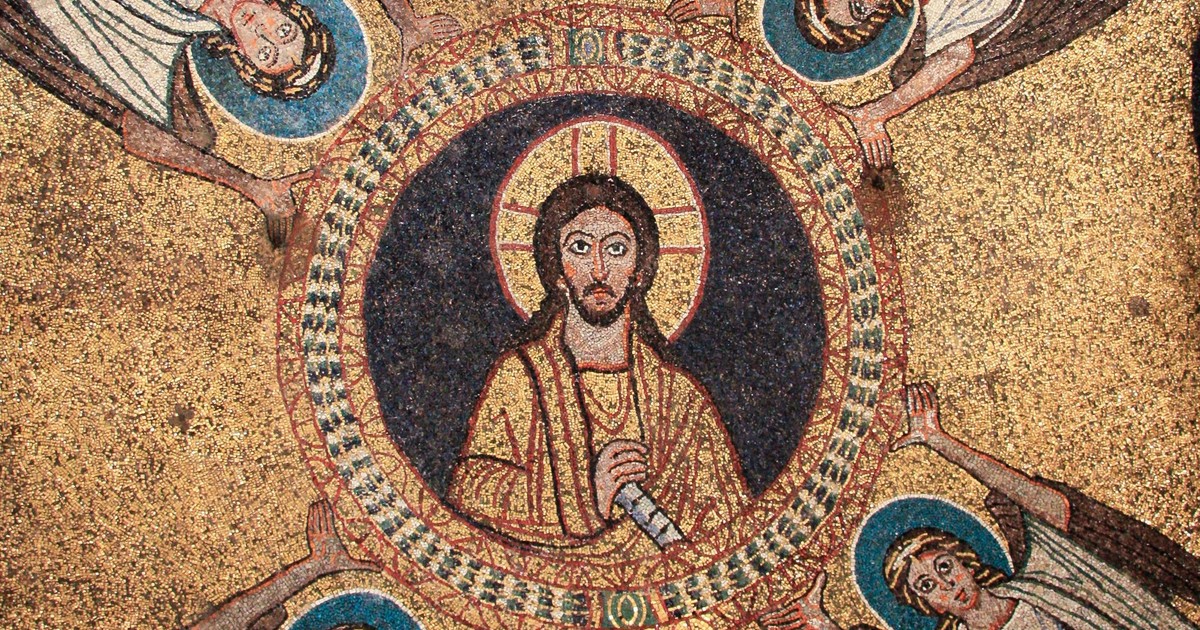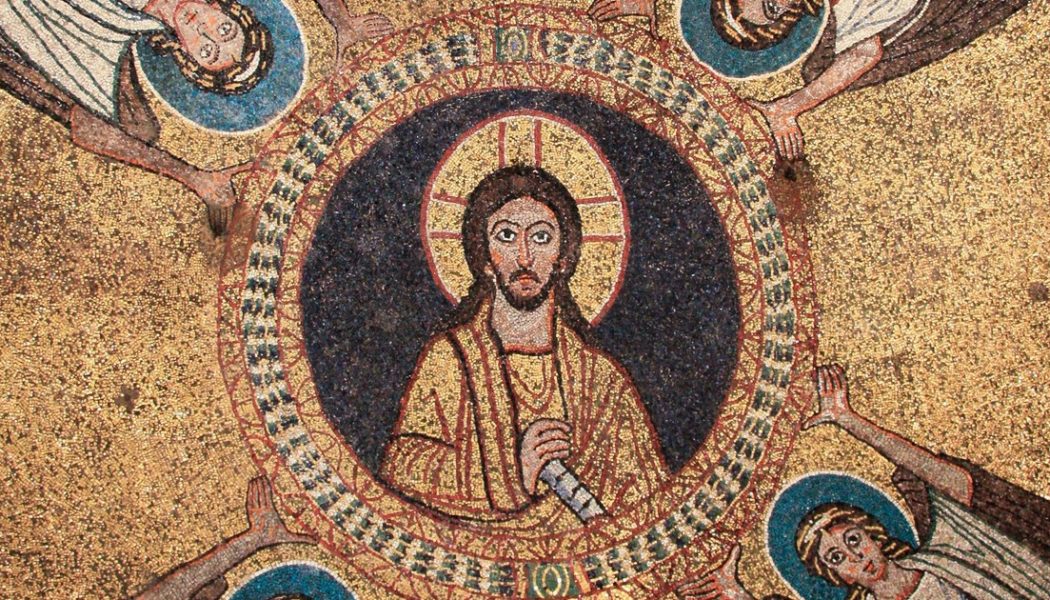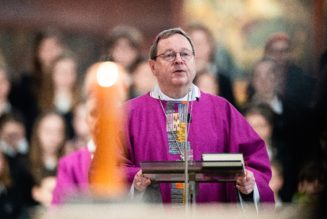
The way man relates with God can first be identified by the image and likeness God gave man, and second, by how man freely engages in a relationship with Him especially through His Son Jesus Christ. One may argue that the seeds of our Christian life begin with Jesus’ suffering and death and then ignited by the Holy Spirit.[1] The reality of our own Christian life is, I propose driven by Christian dogma of which the Trinity serves as the chief dogma of the Church expressed in the Incarnate relationship between the Father and the Holy Spirit.
The premise of the Incarnation is to introduce humanity to God in a most profound and loving way. God’s love for man is revealed and expressed through the Son as a sacrifice for the sins of humanity. Jesus’ death reveals the degree to which God would demonstrate His love for His children. One may not readily identify a Catholic dogma as the source of an active life with Jesus Christ, however, as God reveals Himself to man, man’s response to God Is not strictly relegated to His Word, man also responds to the fruit of Revelation articulated in the dogmas of the Church. The Catechism of the Catholic Church expresses the relationship between the Christian life and dogma in the following way:
There is an organic connection between our spiritual life and the dogmas. Dogmas are lights along the path of faith; they illuminate it and make it secure. Conversely, if our life is upright, our intellect and heart will be open to welcome the light shed by the dogmas of faith.[2]
The source of the Christian life
Our Christian faith is first dependent upon our active response to Jesus’ call to be His disciple[3], but also to seek continual nourishment through the gift of Jesus’s instruction in Word and deed. Christian Dogma is the direct expression and instruction of Jesus’ love revealed in Sacred Scripture. The premise of Christian dogma is to strengthen our relationship with Jesus Christ through an articulation of His instruction revealed and handed down in the form of oral Tradition and sacred Scripture.
At the heart of our Christian life is the development of a proper sense of faith, one rooted in Jesus Christ and continually nourished through universally defined dogmas and developed doctrinal teachings.
The Church, the pillar and bulwark of the truth, has received this solemn command of Christ from the apostles to announce the saving truth. To the Church belongs the right always and everywhere to announce moral principles, including those pertaining to the social order, and to make judgments on any human affairs to the extent that they are required by the fundamental rights of the human person or the salvation of souls.[4]
The Drama of Dogma
Dorothy Sayers described dogmas as drama, or better yet, “the dogma is drama.” A practical way to explain Sayer’s description of dogma is that it serves as a source if development of our Christian life. This is what makes us so unique in that our Christian identity is guided and directed by what Jesus Christ preached and taught. An example is the conversion of Saul in Acts of the Apostles who after his conversion would be named Paul. When Saul fell to the ground Jesus immediately asks him why do you persecute me, Saul asks who are you and Jesus responds, I am Jesus whom you are persecuting.[5] The significance of this particular chapter and verse is Jesus’ dogmatic response to Saul, that He is Jesus, He is God the second person of the blessed Trinity.
The distinctive beauty of the drama of doctrine played out between Saul and Jesus is that the premise of Christina dogma is to reveal the love God has for His children through the life, death, resurrection, and ascension of Christ. Christian dogma stabilizes our understanding of the Triune God while at the same time provides a safeguard from engaging in false truths about Jesus Christ and His Church because its source is Christ and not man.
Dogma and the Christian life
Whether we find the explanation of the Trinity in St. Matthew’s Gospel[6] or Jesus Eucharistic discourse[7] in St. John’s Gospel, Christian dogma has one singular intention, to help us understand that God’s love is unending and that the fullness of this love awaits us in heaven. If we take the time to prayerfully discern the teachings of the Catholic Church and attempt to make a willful intent to actively engage Christian doctrine, an opportunity presents itself to strengthen our spiritual relationship with Jesus Christ.
Jesus then said to the Jews who had believed in him, if you continue in my word, you are truly my disciples, and you will know the truth, and the truth will make you free.[8]
Join Our Telegram Group : Salvation & Prosperity








